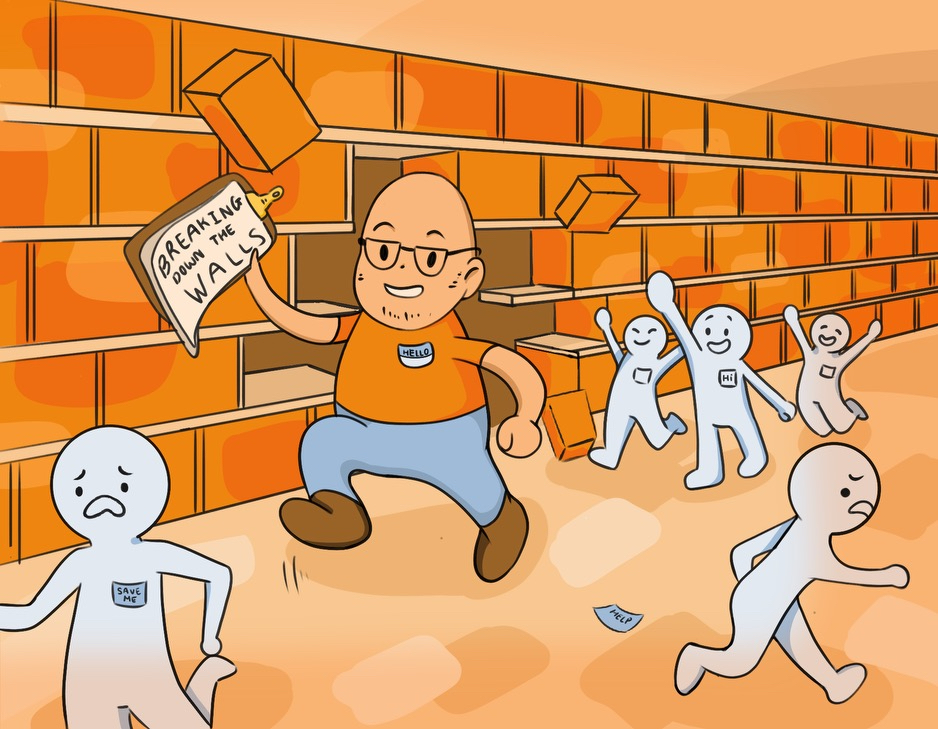America was once a nation grounded in trust: The Iron Trust, The Salt Trust, and The Railroad Trust namely. This was a time known as the Gilded Age, a few dark decades in our history when corporate greed nearly suffocated the American dream. We’ve kicked trusts – or so most people think –under the mantle of the Sherman Act. Yet a few monopolies still exist today, some encouraged by the government, and others simply left alone. The Campanile doesn’t care to delve into the nuances of federally-operated liquor stores or to carve up the oligarchical tech industry, but there is one monopoly near and not-so-dear to our hearts: the College Board.
Annals confirm the birthday of the Board as 1899, smack dab in the middle of the Gilded Age. Founded as a non-profit on the hallowed grounds of Columbia University, its mission is to streamline the college exam process – and get rich doing so. For a “non-profit” it’s awfully profitable: Advanced Placement (AP) Exams and the SAT/SAT II, essentially required at the majority of American universities, all fall exclusively under the domain of the Board and cost upwards of $100 a pop. For the intellectually inclined, that’s thousands of dollars to pay over a four-year high school career, thousands of dollars in the pocket of Board execs (19 of whom pull in over $300,000 a year); CEO Gaston Caperton nets close to $1.5 million annually for his role at the helm of this behemoth.
Monopolies are not inherently evil, but the College Board is. Students have their backs to the wall when it comes to standardized testing and that has to change. When schools they apply to specify the need for the SAT, that means THE SAT, as in the one owned by the Board, not just an SAT. Of course there are exceptions, like fee waivers which Board proponents like to laud. In theory a low-income student could test for free, but in practice there’s a massive bureaucratic headache involved in doing so. Complaints have bounced around for years over the inaccessibility of waivers to no avail.
Satisfaction in today’s system of higher education is a goal that seems to grow less attainable each day. With a $1.2 trillion-dollar combined student debt and high rates of underemployment, it seems like nobody can catch a break. Eradicating the Board – whether that means putting it under government control or breaking it up entirely – is a power move that’s bound to pay off in the long term. Activism and boycotting are the next logical steps to making this happen, and The Campanile would like to offer its full support in the fight against the Board.
A century ago, America decided that it didn’t trust the trust. One hundred years later not much has changed; neither do we.







Gabe • May 2, 2017 at 11:06 am
Amen